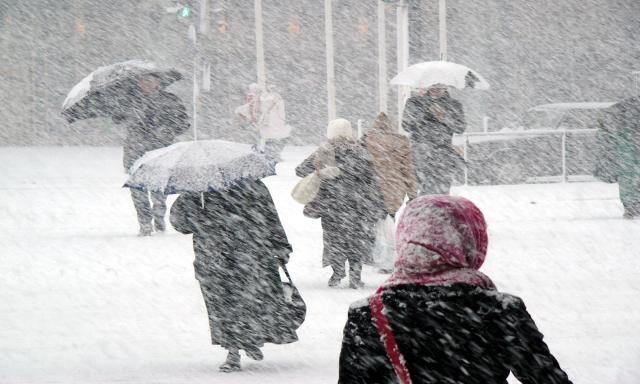Preparing for Winter Weather
Winter weather is unpredictable. It’s never too early (or too late) to take steps to protect your property and minimize any potential for loss due to unexpected storms.
Winter Weather Safety Tips
Tips for Preparing Inside
- Have a qualified licensed contractor inspect your furnace, boiler, wood burning or pellet stoves at least once a year - preferably before heating season.
- Inspect and adjust your thermostat. Make sure your thermostat is working and set above 55 degrees during winter months to avoid pipes freezing.
- Have a qualified contractor check your attic insulation to minimize ice dam potential.
- Check for water leaks in pipes and repair by wrapping and insulating a pipe where needed.
- Be sure your sump pump is working to avoid floods in your basement from late winter/early spring storms.
- Check smoke and carbon monoxide detectors to be sure they are working. Replace if necessary.
Tips for Preparing Outside
- Have a qualified contractor trim dead tree limbs and shrubbery to avoid property damage from high winds.
- Secure outdoor furniture and other loose objects to prevent them from becoming airborne.
- Clean debris from gutters and drains to allow for proper drainage.
- Direct downspouts away from your foundation and toward a drain to minimize re-freezing. Point downspouts away from walkways and pedestrian areas to prevent the formation of icy patches and slip and fall exposures.
- Maintain and test your winter equipment such as a snow blower and/or generator. Only use approved containers to store fuel and keep containers away from heat or flame producing devices. Never store flammable liquids indoors for residential areas and always follow local fire prevention codes.
- Stock enough shovels and salt/ice melt to carry you through the winter.
- Identify safe areas to pile show. Choose locations that don’t block traffic, drain properly and can support the weight of the snow.
Submitting a Claim to GNY
To submit a claim after a winter-related loss refer to the guides here.
This material is informational only. It is not intended to be, and is not in fact, a statement, in whole or in part, of GNY’s underwriting guidelines. Nothing said here amends or affects the interpretation, application, or both, of the coverage provisions in any GNY insurance policy; nor do the statements made here constitute a representation that insurance coverage exists for any loss under any GNY policy. Coverage depends on facts and circumstances of each individual claim or loss, the applicable laws, and the policy provisions in the GNY insurance policy.
